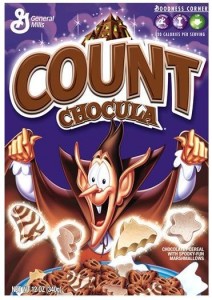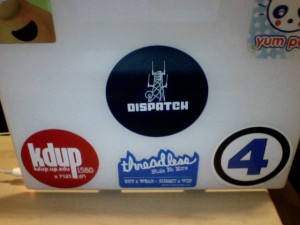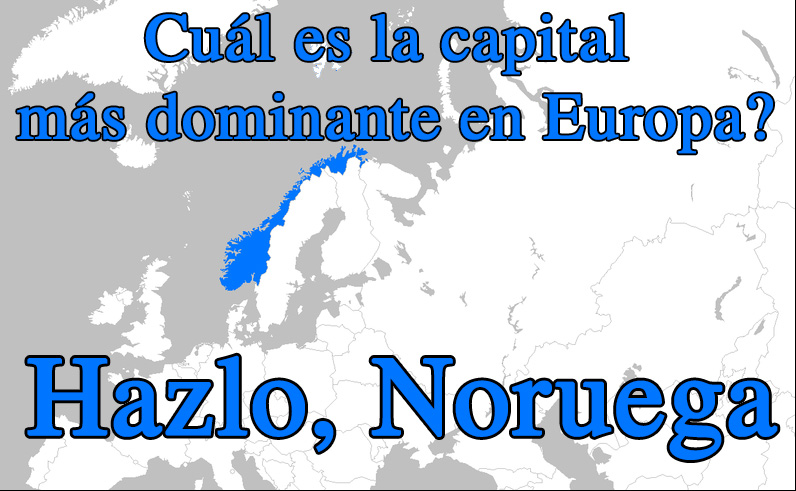{ 1 comment }
March 23, 2015Etymology
{ 0 comments }
January 13, 20141. Nueve Reinas (2000)
2. Tango, Nunca Me Dejes (1998)
3. Como Agua Para Chocolate (1992)
4. Mujeres Al Borde de un Ataque de Nervios (1988)
{ 0 comments }
August 2, 2013I have recently completed my master’s degree for Linguistics at the University of York. I am publishing the title and modified abstract for the 15000 word dissertation I submitted in September 2012 here as a reference for fellow linguists who may be be interested in obsolete English compounds and their link to language development. For any questions regarding the dissertation, Appendix A, or historical linguistics, please email: hughes.brianne at gmail.com
=====ʃʃʃʃʃʃʃ =====
From Turncoats To Backstabbers: How Headedness and Word Order Determine the Productivity of Agentive and Instrumental Compounding in English
=====ʃʃʃʃʃʃʃ =====
Abstract: According to a study by Clark et al (1986), English-speaking children spontaneously create exocentric V+N (turncoat) compounds during the development of agentive and instrumental compounding. Historically, the turncoat pattern has low productivity in English. Appendix A (attached) is a chronological list of all of the known turncoat compounds that entered English between 1050 and 2009. Only two new words of this pattern have been created in the past fifty years: Xpel-air and Pesterchum.
Turncoat compounds are advantageous for children learning verb-object (VO) languages such as English and Spanish because the pattern mirrors the syntax. Forms which are simple and transparent in accordance to the headedness and word order of a language are productive for both children and adults. Patterns that are structurally unclear, or that conflict with syntactic features, will be abandoned.
The advantage of simplicity that turncoat compounds offer to children is outweighed by its unmarked structure and many semantic limitations. The synthetic N+V+er (backstabber) pattern, on the other hand, complies with the headedness of English, is not limited by semantic clumping or verb transitivity, and can describe neutral objects as productively as it can reductive insults. Backstabber compounds also flourish in West Germanic languages, which share right-headedness with English.
Turncoat compounds are memorable and evocative descriptors of objects and occupations, but because of their clash with the headedness of English, their productivity cannot be sustained. Turncoat compounds will never challenge backstabber compound productivity.
=====ʃʃʃʃʃʃʃ =====
{ 3 comments }
October 21, 2012
Once upon a time, I wrote a post about how words that end in -cula mean little. For example: molecule means little mass, and granule means little grain. Then! Suddenly! Today I thought of another.
Dracula! Dracula is Draco + cula. What is draco? Draco means dragon. Spoiler: Draco Malfoy = Dragon Bad Faith. Learn more Harry Potter names here.
The original vampiric association with Dracula was through Vlad III, known was Vlad Tepes, Tepes meaning Impaler. Curiously, Dracula was Vlad’s family name, the patronym. The internet doesn’t tell me much more than that, which is why this post has been in my drafts folder for seven months…
(EDIT: Commenter oetpay assisted with a link below, which explains that Vlad Dracul-ea means son of (-ea) Vlad Dracul, who was associated through dragons through the family heraldic crest. So it turns out that analyzing dracula and chocula as little dragons and little chocolate is not historically accurate. But we could say Count Chocula is son of Count Chocul.)
{ 1 comment }
October 21, 2012*This is very like the first Tiny Dissertation post in its curiosity for the answer, its short lifespan, minimal scope of interest, and un-academic treatment of the subject.
Hypothesis: There should be compound words in Spanish songs, because they are very productive in Romance languages, so they should show up in songs.
Data: Lyrics found online for 10 songs in Spanish, each by a different artist, that I listen to a lot but have never thought about in regards to compounds.
{ 0 comments }
April 26, 20121. Would You Come With Me? – The Elected
2. Walk with You – Dispatch
3. Come Fly with Me – Michael Bublé
4. Is She Really Going Out With Him? – Goldfinger (cover)
5. Won’t Go Home Without You – Maroon 5
6. Come Dance with Me – Frank Sinatra
7. Life Goes On Without You – Jill Sobule
{ 0 comments }
April 21, 2012 Back of kooBi
Back of kooBi
 Front of kooBi (with duckie)
Front of kooBi (with duckie)
My first computer was a laptop called kooBi. It was an iBook. Its accompanying iPod was called doPi. It was great, went to Spain, and got a lot of stickers on it. Then poor kooBi aged and got tired. The disc burner stopped working, and that kind of feature is important to me, so I got a new one, a MacBook which I named McBook. Its iPod shuffle sidekick was called McPod. For graduation in 2008, I was given an iPod Touch named iToca, which is still with me. McBook‘s life was tragically cut short when it drowned in the summer of 2009, leading me to buy a MacBook Pro. I’m very attached to my laptops, the first 2 are living in a box in California, and I’ve taken this new one with me everywhere (Korea, Walnut Creek, Germany). But! It doesn’t have a proper name.
After 3 years of companionship, it’s still the new guy, and there’s some kind of smugness that comes with the title Pro that I do not enjoy associating myself with. So… back in 2009 I covered up the MacBook Pro label with a sticker that no one understands, because it’s in Latin. The label says Vade Mecum.
{ 2 comments }
April 17, 2012{ 0 comments }
April 9, 2012{ 0 comments }
March 26, 2012



